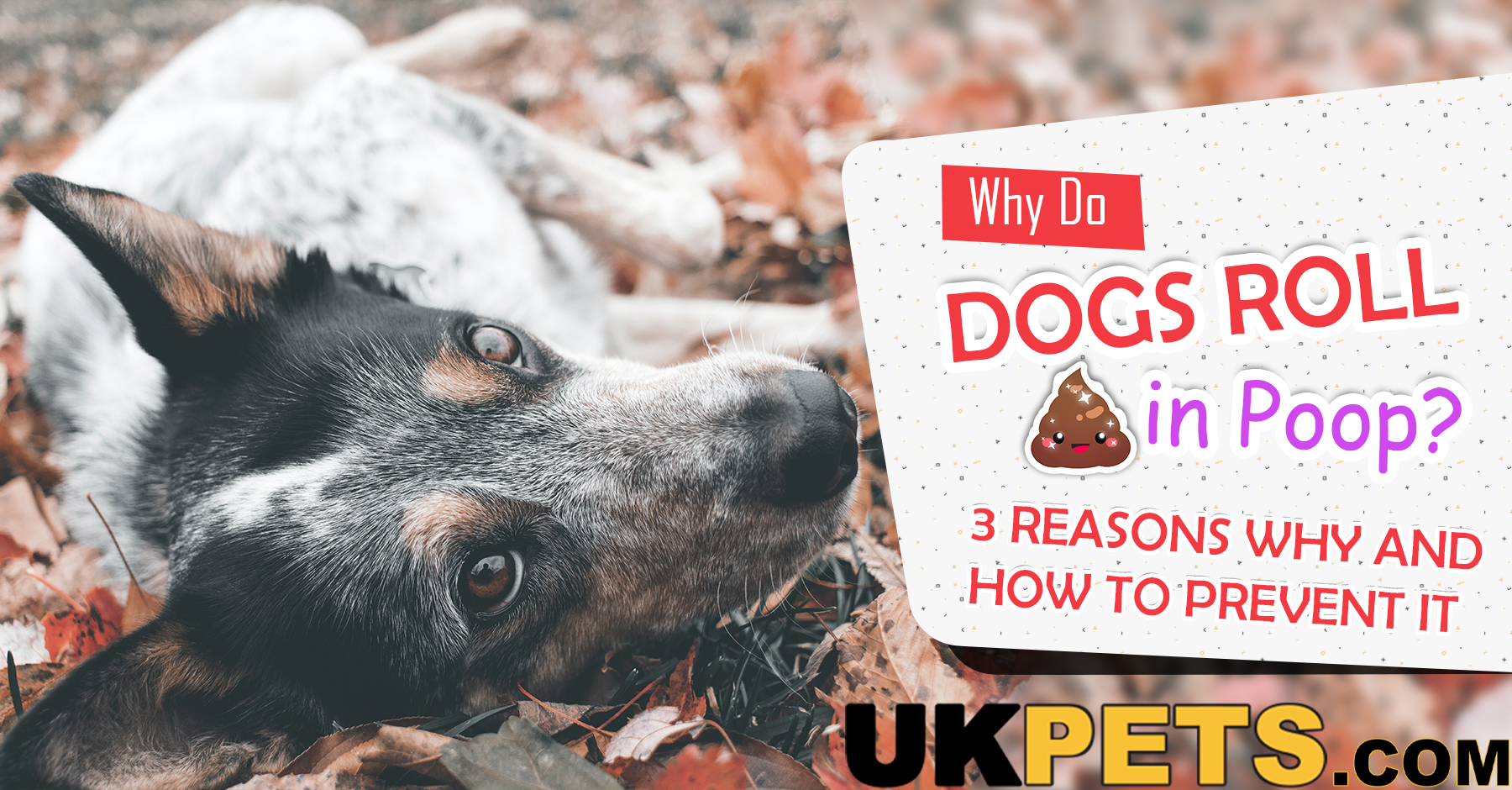Why Do Dogs Roll In Poop? Understanding This Bizarre Behavior
Why do dogs roll in poop? This question has puzzled dog owners for ages and is a behavior that can be both amusing and perplexing. While it might seem disgusting to us, there are several reasons why our furry friends engage in this less-than-pleasant habit. Understanding the underlying motivations can help owners manage and even mitigate this behavior. In this article, we will explore the various reasons dogs roll in poop, the implications of this behavior, and how to address it effectively.
The act of rolling in feces is not merely a quirky trait of dogs; it has deep-rooted evolutionary origins. Dogs, being descendants of wolves, have inherited certain instincts that drive their behavior. Beyond instinct, factors like scent, territory, and social communication play significant roles in this behavior. As we delve deeper into this topic, we will uncover the reasons behind this fascinating yet off-putting canine behavior.
In addition to understanding why dogs roll in poop, we will also discuss practical tips for preventing this behavior and maintaining your dog’s hygiene. By the end of this article, you will have a comprehensive understanding of this topic, making your journey as a dog owner easier and more enjoyable.
Table of Contents
- 1. The Evolutionary Origin of This Behavior
- 2. Scent and Communication
- 3. Territorial Behavior
- 4. Fun and Exploration
- 5. Preventing the Behavior
- 6. Grooming Tips for Your Dog
- 7. Health Implications of Rolling in Feces
- 8. Conclusion
1. The Evolutionary Origin of This Behavior
The behavior of rolling in poop can be traced back to the evolutionary ancestors of dogs. Early canines and wolves exhibited this behavior for several reasons:
- Camouflage: By rolling in feces, they could mask their scent from prey, making it easier to hunt.
- Territorial Marking: Feces could serve as a marker of territory, and by rolling in it, they communicated their presence to other animals.
- Social Signals: This behavior could also signal to other members of the pack about their location or health.
2. Scent and Communication
Dogs have an extraordinary sense of smell, which is significantly more developed than that of humans. Here’s how scent factors into their behavior:
- Information Gathering: Dogs gather important information about their environment through the scents of feces.
- Social Interaction: Rolling in poop can be a form of social interaction, much like how dogs greet each other by sniffing.
- Instinctive Behavior: Rolling in strong smells is an instinctual behavior that connects a dog to its natural roots.
3. Territorial Behavior
Another reason dogs roll in poop is related to territorial behavior:
- Marking Territory: By rolling in feces, dogs may be trying to claim territory as their own.
- Social Hierarchy: This behavior can also be a way for dogs to establish their place within a social hierarchy.
- Communication with Other Dogs: Feces serve as a form of communication for dogs, and rolling in poop might be a way to send a message to others.
4. Fun and Exploration
Sometimes, dogs roll in poop simply because they find it enjoyable:
- Curiosity: Dogs are naturally curious creatures, and they often explore their environment through smell and touch.
- Playfulness: Rolling can be a form of play, and dogs often engage in antics that seem humorous to them.
- Stress Relief: This behavior can also serve as a stress-relief mechanism, allowing dogs to express their excitement or anxiety.
5. Preventing the Behavior
While rolling in poop might be a natural behavior, it is not always desirable for dog owners. Here are some strategies to help prevent this behavior:
- Training: Use positive reinforcement to teach your dog to avoid rolling in unwanted substances.
- Leash Control: Keep your dog on a leash during walks to prevent them from rolling in poop.
- Provide Alternatives: Offer your dog plenty of toys and activities to keep them engaged and less likely to roll in poop.
6. Grooming Tips for Your Dog
To maintain your dog's hygiene, especially if they do roll in poop:
- Regular Baths: Bathe your dog regularly to keep their coat clean and free from odors.
- Use the Right Products: Choose pet-friendly shampoos to avoid skin irritation.
- Check for Skin Issues: Regularly check your dog's skin for any irritations or infections that may require veterinary attention.
7. Health Implications of Rolling in Feces
While rolling in poop may be a natural behavior, it can have health implications:
- Parasites: Feces can carry parasites that can infect your dog.
- Infections: Rolling in feces can lead to skin infections or irritations.
- Veterinary Advice: If your dog frequently rolls in poop, consult your veterinarian for advice and potential health assessments.
8. Conclusion
In conclusion, understanding why dogs roll in poop can shed light on this fascinating behavior. It is rooted in their evolutionary past, driven by instincts related to scent, territory, and social interaction. Although it can be a source of frustration for dog owners, implementing training techniques and maintaining proper hygiene can help manage this behavior. If you have any experiences or tips related to this topic, feel free to share them in the comments below!
We hope you found this article informative and helpful. Remember, a little knowledge goes a long way in ensuring a happy and healthy life for your furry friend. Don’t forget to explore our other articles for more insights into dog behavior and care!
Tyson Fury Vs Usyk: The Ultimate Heavyweight Showdown
Crystal Palace F.C. Vs Tottenham Lineups: A Detailed Analysis
Deni Avdija Stats: An In-Depth Analysis Of His Performance And Career


